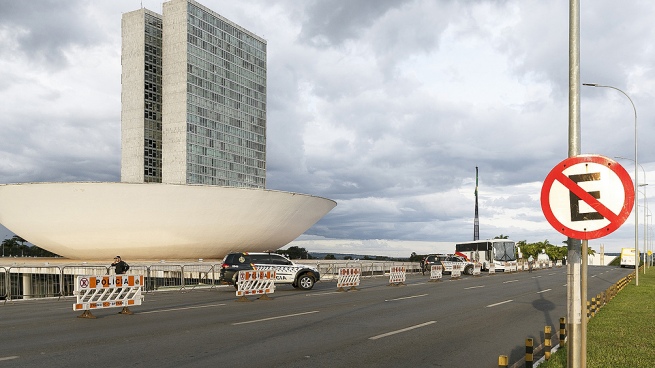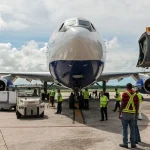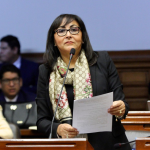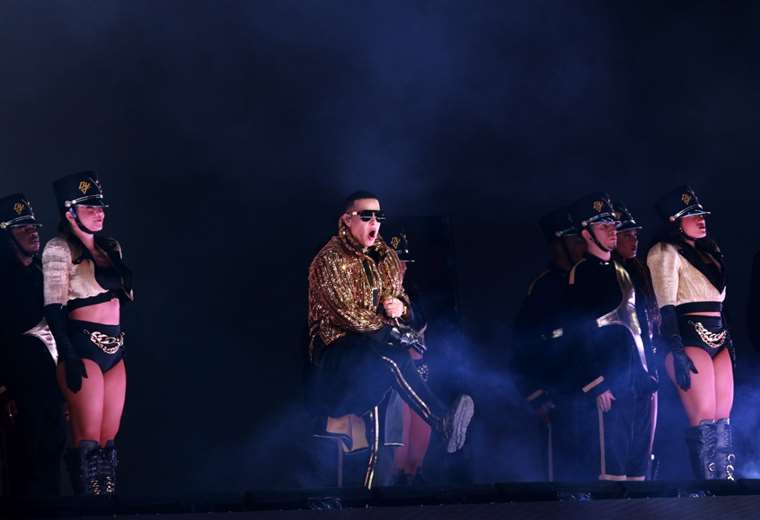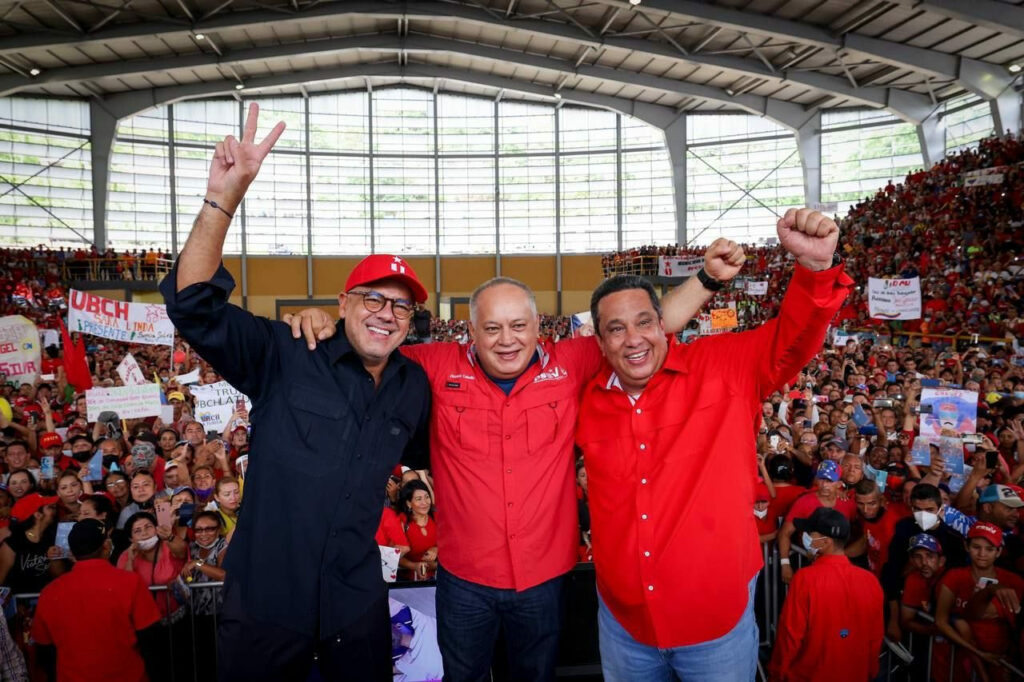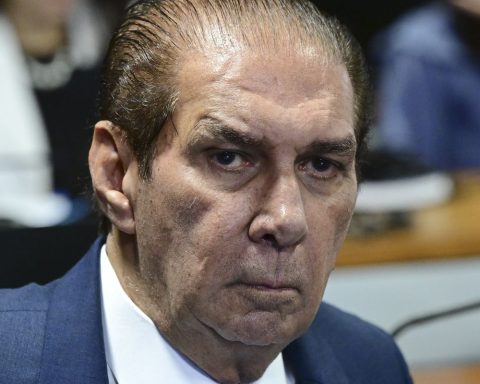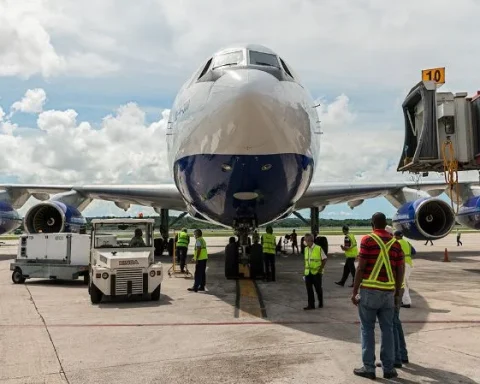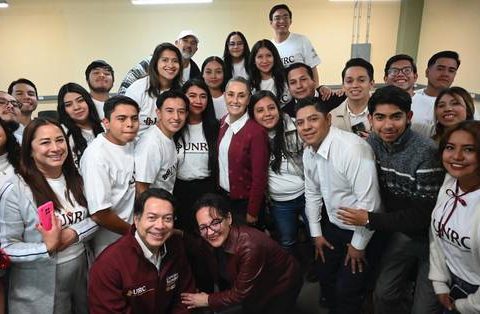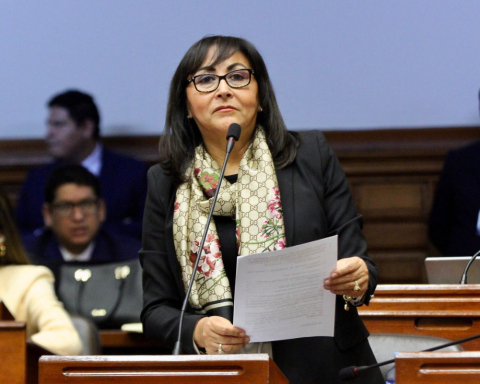The presidential elections in Brazil are one of the focuses of interest for Argentina and the other countries in the region due to the economic and commercial course that could emerge based on whoever prevails since it is the most powerful market in the region and, according to specialists, it is the one that “sets the course” for Mercosur.
Hence the importance of the electoral certification, today polarized by the figures of the leader of the Workers’ Party (PT), Luiz Inácio Lula da Silva, and the current president, Jair Bolsonaro.
Julieta Zelicovich, Master in International Business Relationsin statements to Télam, said that “trade in a Lula government can be a means to preserve and recover the social and integrationist agendas of Latin America.”
He also considered that with Lula there may be “greater political closeness of the presidents tending to dialogue and cooperation in all the situations that are being worked on, in which Argentina and Brazil dispute over trade policies, and also have a more oiled negotiating table” .
Regarding the Argentina-Brazil trade link, Zelicovich remarked that “cutting back 10 years from now, the trade relationship matters less and less for the Brazilian side” and -he continued- “this generates different views, especially in what we have in common that Mercosur is”.
For his part, the director of the consulting firm Abeceb, the economist Gustavo Perego, remarked that Bolsonaro “is going to ask the Mercosur partners to continue advancing with the opening agreements.”
“With Bolsonaro, we will see a much stronger and faster Brazil in the opening of new markets, second-generation agreements (phytosanitary, standards, investment), but they will ask that Mercosur open more in protection”he predicted.
“In the case of Lula, everyone believes that there is going to be a policy of greater coordination with the countries of the region and that this opening process is going to stop”Perego said.
He also asserted that “Brazil will always lead by weight and will set the course because when Brazil wants to, free trade agreements happen and when they don’t, they don’t: whoever wins the election in Brazil is going to set the times a bit of Mercosur”, postulated the economist.
On the other hand, he considered that “the work that Daniel Scioli has done at the Embassy in Brazil is really very good because he has understood the logic of power in Brasilia with Bolsonaro and that has helped a lot to have a good relationship between the countries.”
That economic and commercial link “has a consolidation that comes from decades ago, with which, “there may be changes of government, but the commercial logics within the companies, of the multinationals, are maintained,” he pointed out.
The chief economist of FIDE, Nicolás Zeolla, said that “given the weight of Brazil as a central industrial partner of Mercosur, Argentina has a cycle of economic activity, especially industrial, highly correlated” with that country, with which, “a Brazil growing is a great boost for our economy,” he said.
“In terms of Mercosur, Brazil is pending resolution of the free trade agreement with the European Union,” declared Zeolla, who remarked that “Bolsonaro is a defender and promoter of this agreement and other bilateral ones that would go against the spirit of the bloc, in so much so that “with Lula there would be a return to regional cooperation.”
Another specialist consulted, Tomás Bontempo, a graduate in International Relations from the University of Salvador, said that “Bolsonaro’s foreign policy turned Brazil towards de-Americanization, making distancing from Latin America one of the axes of his hyper-ideologized foreign policy.”
He noted that Bolsonaro “He does not consider the regional market to be important, nor does he consider that the country needs its regional partners to play the role of a world player”.
With Lula, on the other hand, Brazil “could resume a more active role in the region with measures aimed at prioritizing South-South cooperation.”
One guideline for this is “to reinvigorate the strategic alliance with Argentina,” said the attorney.
“In commercial terms, there is the will to build a strategic relationship with Argentina and the centrifugal impulses generated by the growing commercial links with Southeast Asia,” he explained.
